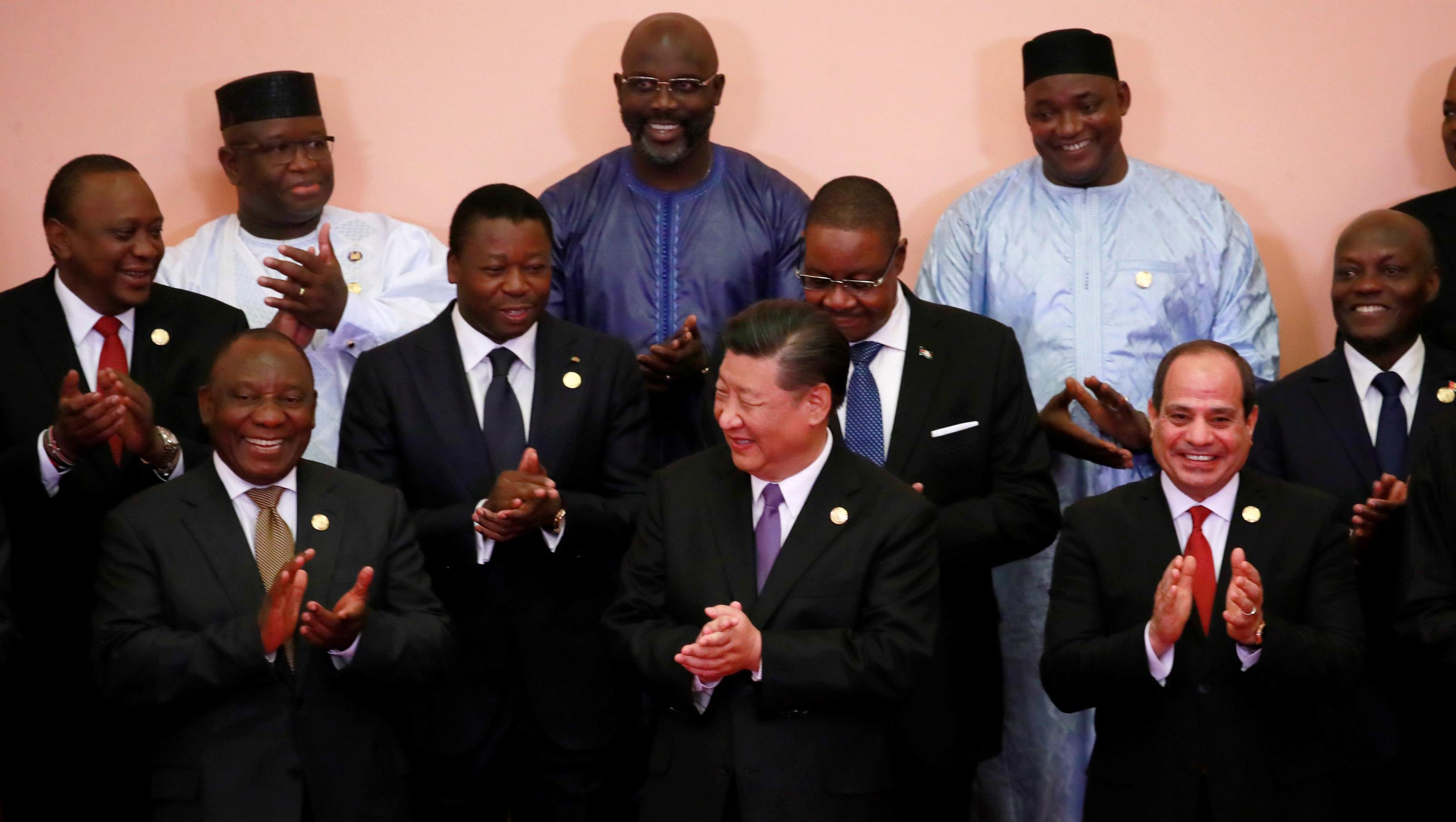There are concerns over the steady decline of Nigeria’s foreign reserves since the last three months despite the rise in oil prices and accruals from foreign bonds issuance.
Findings showed that the reserves recorded a huge decline from $47,787,183,153 billion where it was on June 22, 2018 to a “worrying” point of $45,468,258,469 billion on Thursday, September 6. The reserves took a bullish peak between May 18 – when it was $47.799 billion, and June 21 – when it had the last high figure of $47,784,255,384 billion, according to data obtained from the Central Bank of Nigeria (CBN).
Apart from oil which accounts for about 80 per cent of Nigeria’s foreign reserves, the federal government is also hoping to borrow N849 billion (denomination in dollars) from the foreign market to finance the N1.6 trillion budget deficit. Experts have blamed the continuous decline in reserves on three factors: increased dollar supply by the CBN to the foreign exchange market, instability in the nation’s securities and exchange market, and the coming general elections in the country.


